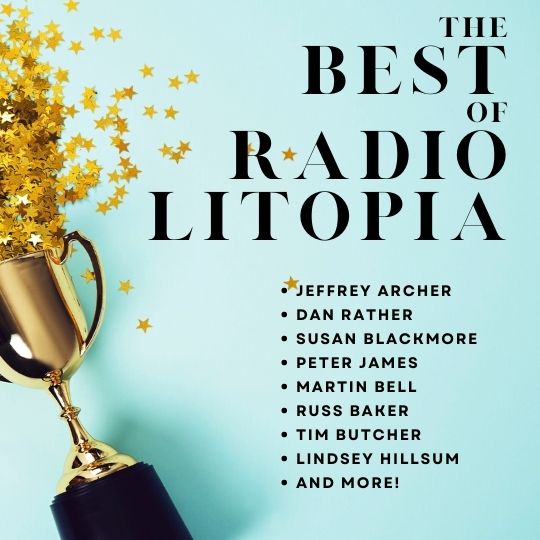E G Logan
Full Member
At the risk of sounding like a High Court judge: I was left indignant and doubtful by the following story in today's 'Daily Telegraph'. (I won't post link because there is a firewall.)
Can we discuss? Surely that's not true?
How do they manage books? Even simplest recipes, instructions, notices have full stops (periods, for US readers).
This is just a snippet from the start of the article:
Generation Z feels intimidated by full stops, experts find
Linguists believe that full stops have fallen out of fashion with young people because they 'signify an abrupt or angry tone of voice’
As teenagers and those in their early twenties, Generation Z, have grown up with phones in their hands, using short messages to communicate with one another, and the punctuation mark has fallen out of fashion and become a symbol of curt passive-aggression. [Curious use of unnecessary 'and' by D Tel.]
Linguists have been debating the use of the full stop and why some young people interpret a correctly punctuated text as a sign of annoyance.
Some argued that the full stop had become redundant, as a text was now ended simply by sending it, and the sentence did not need to be finished with a punctuation mark.
Can we discuss? Surely that's not true?
How do they manage books? Even simplest recipes, instructions, notices have full stops (periods, for US readers).
This is just a snippet from the start of the article:
Generation Z feels intimidated by full stops, experts find
Linguists believe that full stops have fallen out of fashion with young people because they 'signify an abrupt or angry tone of voice’
As teenagers and those in their early twenties, Generation Z, have grown up with phones in their hands, using short messages to communicate with one another, and the punctuation mark has fallen out of fashion and become a symbol of curt passive-aggression. [Curious use of unnecessary 'and' by D Tel.]
Linguists have been debating the use of the full stop and why some young people interpret a correctly punctuated text as a sign of annoyance.
Some argued that the full stop had become redundant, as a text was now ended simply by sending it, and the sentence did not need to be finished with a punctuation mark.



